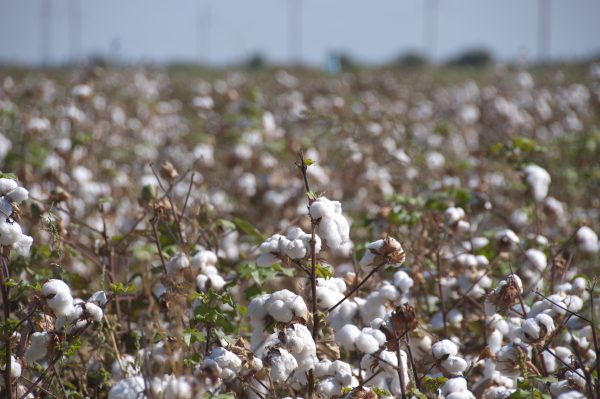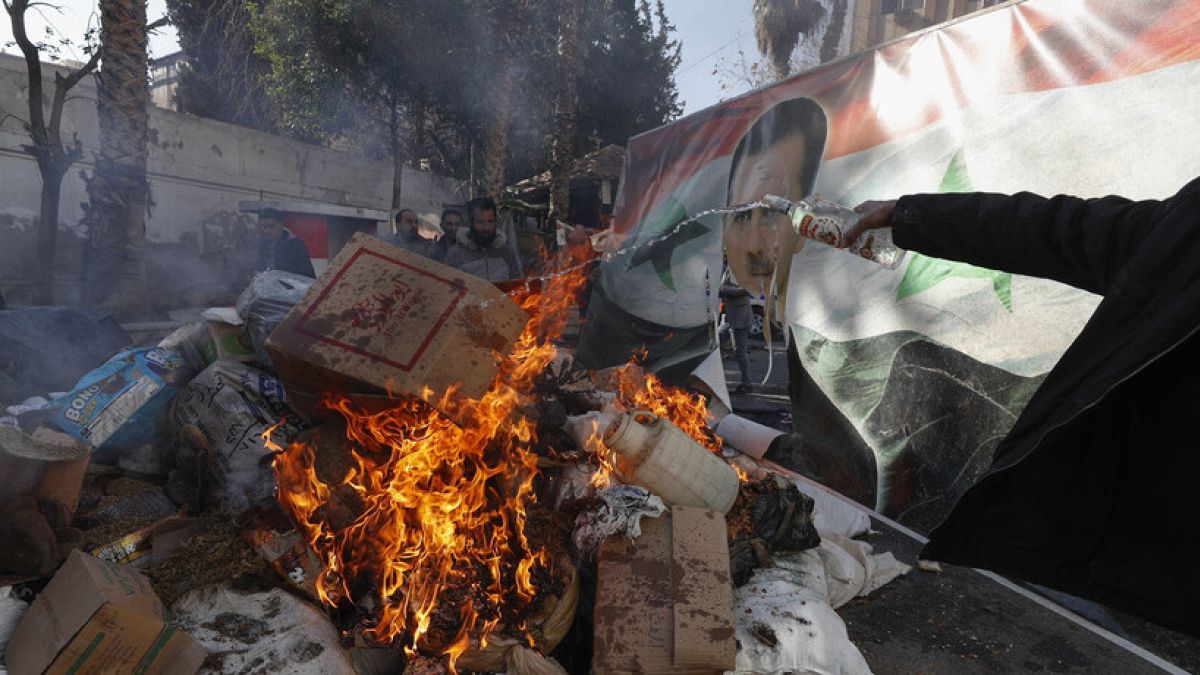Annastacia Palaszczuk has confirmed the start of Queensland’s school year has been pushed by a fortnight, amid the rising tide of Omicron cases.
Queensland Premier Annastacia Palaszczuk has confirmed the term 1 for all students will be delayed until February 7 in her state, amid the rising tide of Omicron cases across Australia.
“Queensland’s 2022 school year will start on 7 February to avoid the predicted Omicron wave peak and allowed more time for children to get vaccinated,” Ms Palaszczuk announced on Twitter, as her state reported another 18,000 infections.
“The new start date will apply to all state, catholic and independent primary and secondary schools and sessional kindies.”
Year 11 and 12 students will commence remote learning from Monday, January 31, and schools will still be open for vulnerable children and those of essential workers.
Education Minister Grace Grace said that pushing the start of the school year from January 24 to February 7 is a “common sense approach.
“We will be facing a peak with the Omicron virus and it is going to have a significant impact from the health advice,” she said.
“We want to give parents as much certainty as possible, and that’s why we’ve taken this decision. We know the year is going to be disrupted when we start school due to staff numbers.”
For the remaining school cohort, there will be an extra week of school in December, bringing the final day of term 4 to December 16.
The majority of Queensland teachers have already been warned to prepare “in case of emergency” home-learning materials, The Courier-Mail reports, and could be able to work from home if they’re deemed close contacts – and are well enough to do so.
Meanwhile NSW is forging ahead with its return to school plan, with Premier Dominic Perrottet reassuring parents last week the government is “incredibly confident we will get kids back into the classroom (on) day one, term one”.
Parents and teachers are “deeply concerned” at the prospective return of remote learning, according to Australian Education Union federal president Corena Haythore, who says a national return-to-school plan is needed.
Ms Haythorpe warned that if large numbers of teachers and students are forced into isolation due to the virus, schools may have no choice but to shut their doors periodically.
“If you can’t provide supervision and duty of care, governments will have to consider how particular schools pivot to remote learning,” she told The Sydney Morning Herald.
No primary school student will be fully vaccinated by the time term 1 starts, because appointments for children aged five to 11 only open tomorrow, January 10, and an eight-week gap is needed between doses.
Part of the reasoning behind Ms Palaszczuk’s move to delay the start of term 1 is to ensure children have more time to get the jab, while avoiding having them go back to school at the same time Queensland hits the peak of its Omicron wave.
Ms Haythorpe said teachers and staff welcomed that move.
“Many children will be unvaccinated when term begins and then for the first two months it will be, at best, first-dose protection,” she said.
“Schools have the potential to be superspreader environments. If teachers feel they need to do a rapid antigen test every day then they should be able to.”
The federal government has repeatedly made assurance that supply of the jab to kids was not an issue, as parents scramble to lock in appointments. Some have reported having theirs cancelled at the last minute by GP’s because doses have not arrived.
“There’s certainly bigger demand than capacity,” Royal Australian College of General Practitioners president, Dr Karen Price, told The Herald.
“There’s nothing worse than promising people something and then you take it away, so doctors would rather wait and make sure it’s in their fridge and then manage that demand.”





















Discussion about this post